This page is based on this
Wikipedia article Text is available under the
CC BY-SA 4.0 license; additional terms may apply.
Images, videos and audio are available under their respective licenses.
The Grammy Award for Best Ethnic or Traditional Folk Recording was awarded from 1960 to 1986. During this time the award had several minor name changes:
Tony Cedras is a South African accordion, harmonium, keyboard and guitar player. He was born in Elsie's River, Cape Province, South Africa in 1952. He has performed or recorded, most often on accordion, with various well-known artists, including Paul Simon, Harry Belafonte, Miriam Makeba, Henry Threadgill, Muhal Richard Abrams, Cassandra Wilson, Hugh Masekela, Tony Bird and Gigi.
Tony got his first professional break under the tutorship of Pacific Express bass player, Paul Abrahams. He was drafted into the band as a trumpet player and keyboard player. He was in every lineup of Paul Simon's band from 1987 to 2012, despite not, as yet, featuring on a studio recording with Mr Simon
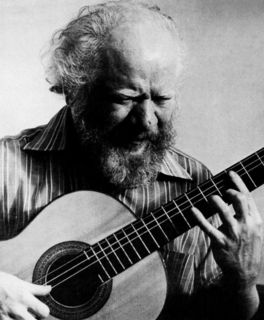
Severino Dias de Oliveira, popularly known as Sivuca, was a Brazilian accordionist and guitarist. In addition to his home state of Paraíba, and cities Recife and Rio de Janeiro, he worked and lived in Paris, Lisbon, and New York City on and off throughout his life. He has two daughters, Flavia de Oliveira Barreto, and Wilma Da Silva. He was an albino.
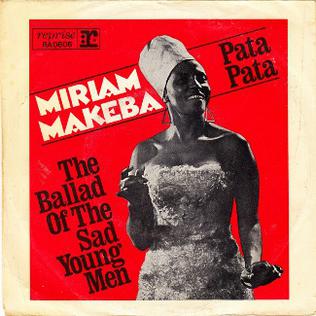
"Pata Pata" is an Afro-pop dance song popularized internationally by South African singer Miriam Makeba. "Pata Pata" is credited to Makeba and Jerry Ragovoy. Her most popular recording of "Pata Pata" was recorded and released in the United States in 1967. The song is considered by many to be Makeba's signature hit and it has since been recorded by many artists.

Belafonte Returns to Carnegie Hall is a live double album by Harry Belafonte. It is the second of two Belafonte Carnegie Hall albums, and was recorded May 2, 1960. It peaked at #3 on the Billboard Pop albums charts.
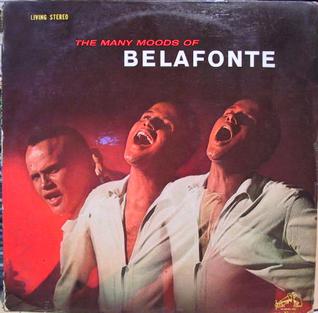
The Many Moods of Belafonte is an album by Harry Belafonte, released by RCA Victor (LSP-2574) in 1962. The album features performances by South African trumpeter Hugh Masekela and vocalist Miriam Makeba.
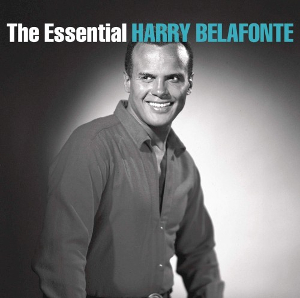
The Essential Harry Belafonte is a two-disc compilation recording by Harry Belafonte, released in 2005 on the Legacy label. The 37 tracks span Belafonte's career from 1952 to 1977, including his RCA Victor and Columbia Records releases. All selections for inclusion were made by Belafonte himself.

An Evening with Belafonte/Makeba is a Grammy Award-winning 1965 album by Harry Belafonte and Miriam Makeba. It was the second outcome of the long lasting collaboration between Belafonte and Makeba, the first being the appearance of Makeba in the song "Just One More Dance" on Belafonte's 1960 album, Belafonte Returns to Carnegie Hall.

Miriam Makeba is a self-titled, debut album by Miriam Makeba. It was released in 1960 on the RCA Victor label.
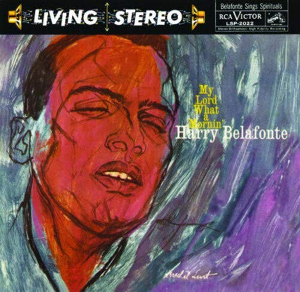
My Lord What a Mornin' is an album by Harry Belafonte, released by RCA Victor in 1960. The album was reissued in 1995 with additional bonus tracks.

Belafonte on Campus is an album by Harry Belafonte, released in 1967.
Welcome Duru (1933–2009) was a South African actor, boxing promoter, composer, musician, politician and a socialite, also known as Bra Wel.
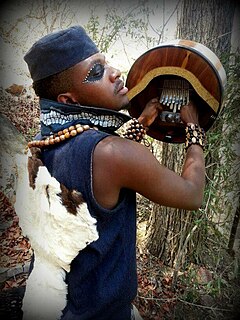
Prince Kudakwashe Musarurwa also known simply as Prince, is a Zimbabwean African jazz singer, songwriter, producer and musician.

The Very Best of Harry Belafonte is a compilation album by Harry Belafonte, released by Legacy Records in 2012. It includes fourteen of his best-known songs released from 1956 through 1966.
The Belafonte Folk Singers were a vocal group who were active from 1957 to 1965. They were named after singer Harry Belafonte, for whom they originally formed in order to serve as a backing group for recording and concerts. The group was mostly led and conducted by Robert De Cormier, also billed as Bob Corman. Milt Okun sometimes conducted the group as well.
This is a discography of South African musician Miriam Makeba.

Sixty is a 2000 studio album by South African jazz trumpeter Hugh Masekela. It was recorded in Johannesburg, South Africa and released via Shanachie label.
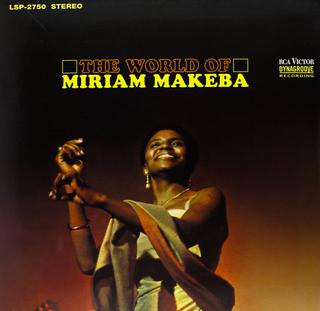
The World of Miriam Makeba is the 1963 third LP album of Miriam Makeba. It charted at #86 on the US album chart. Hugh Masekela was credited as the conductor.














